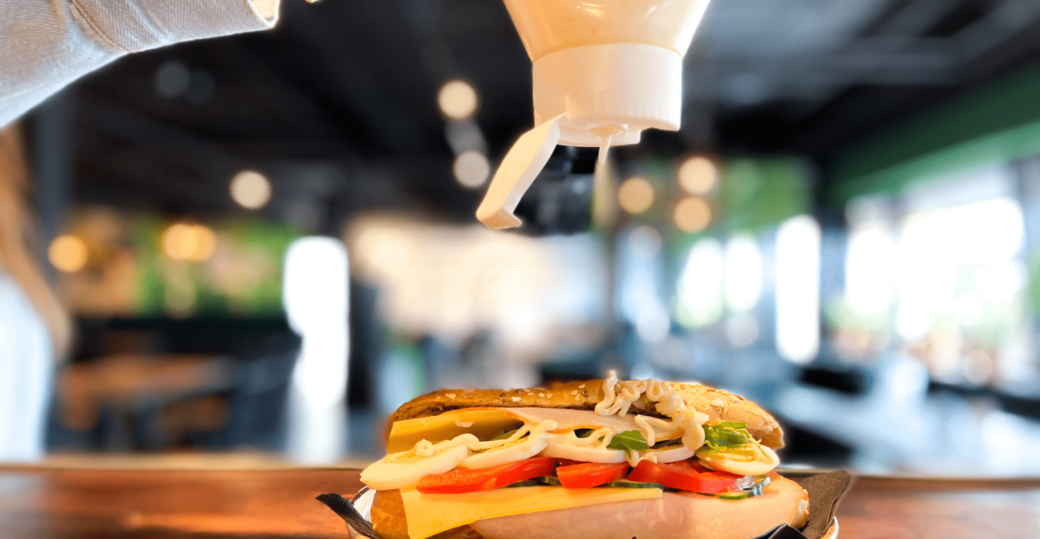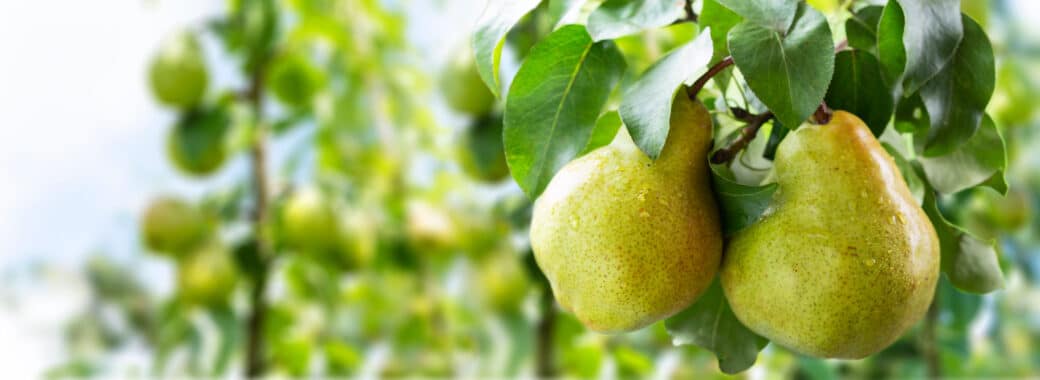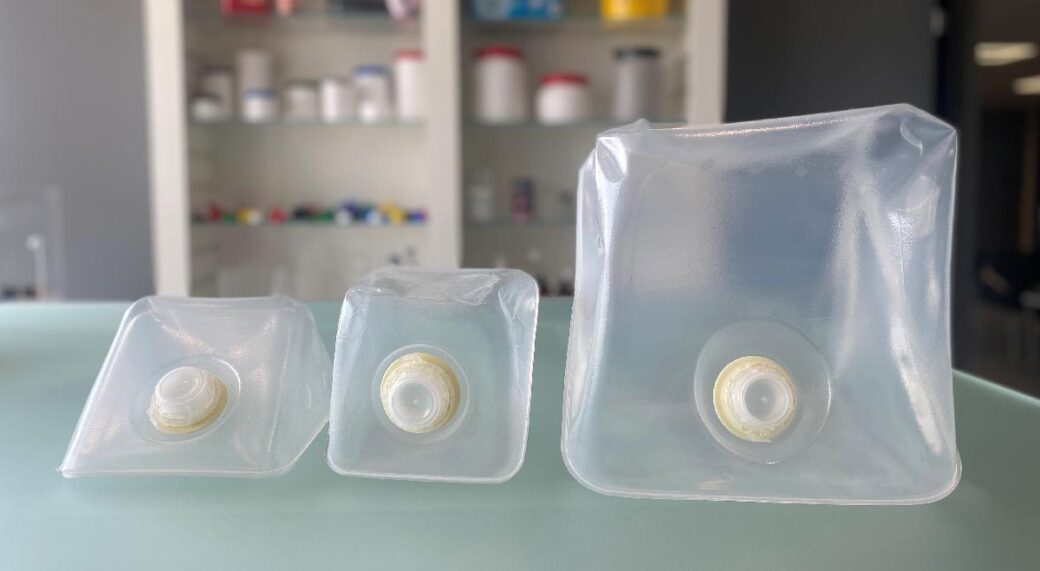Koppert Biological Systems
One customer that has been using our range for years is Koppert Biological Systems. The company produces sustainable solutions for the cultivation of food and ornamental crops. Along with Koppert, we collect our packaging after their customers have finished with it.
Montdo-Mite (Montdorensis) pilot project
Four or five years ago, the use of pesticides in chrysanthemum cultivation increased considerably, especially with the arrival of the new pesticide Montdo-Mite (Montdorensis). However, the success came with a downside: a large volume of used buckets that were of no use to the grower. So Koppert came up with the idea of setting up a pilot project for collecting and recycling these buckets. Horticulture consultant Arthur Kalkman was involved in the project from the Chrysanthemum crop team side. “The empty buckets presented quite a problem for the growers. They were disposing of the empty buckets with their industrial waste, which of course involved costs,” he explains. “That’s why we launched this project.” Developing an alternative to the plastic buckets proved impossible. “No,” says Arthur, “plastic is the best material for packaging and transporting Montdo-Mite. We didn’t want to compromise on that. The quality of our product remains our top priority.”
Minimising impact
Collecting and offering the buckets for recycling is the only way to minimise the waste stream and thus the impact on the environment. Houweling Group is Koppert’s strategic partner in packaging and the supplier of, among other things, the buckets for Montdo-Mite. Together with Koppert, we organised the return stream in the pilot project. “You’d think it would be more efficient if we retrieved the empty buckets in our vans. But from the point of view of contamination, that would be downright inappropriate. It could jeopardise the quality of our product. We can’t sell that to our customers. That’s why we keep the supply and discharge completely separate.”
Roll out to other growers
Six chrysanthemum growers, spread across the country, participated in the pilot project. Houweling Group placed containers on their premises for them to store their empty buckets. Hundreds of empty buckets stacked together, with their lids, can fit into one of these containers. “We implemented and tested the pilot in the first six months of 2021.” The pilot proved a success, so this method is now being rolled out to, among others, strawberry growers in the Netherlands. A similar collaboration is also being set up in Belgium, between Koppert, growers and the Houweling Group branch in Aarschot.
In recent years, this sector has seen many initiatives in the field of sustainability and circular work. The growers are working really hard on that. We are happy to contribute to this process of greening together with our suppliers.
Arthur Kalkman, horticulture consultant at Koppert Biological Systems
Towards zero waste
In accordance with the United Nations sustainability goals, Koppert is working hard to reduce waste streams, through prevention, reduction, recycling and reuse. By doing this, they aim to minimise the negative impact of processes on the one hand, and make a positive contribution to the environment and human health on the other. The ultimate goal? By 2030, Koppert aims to have reduced waste – both internal and external – to zero. As Houweling Group, we are happy to contribute our knowledge and expertise to achieving that goal.
Source: Koppert Biological Systems – Biojournaal May 2021








